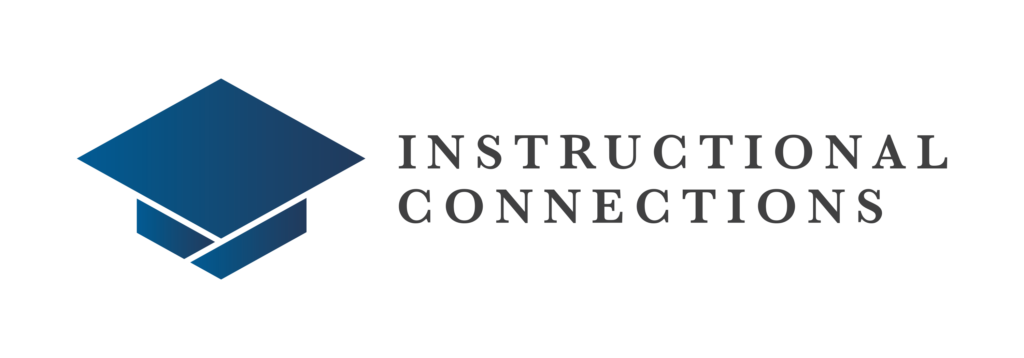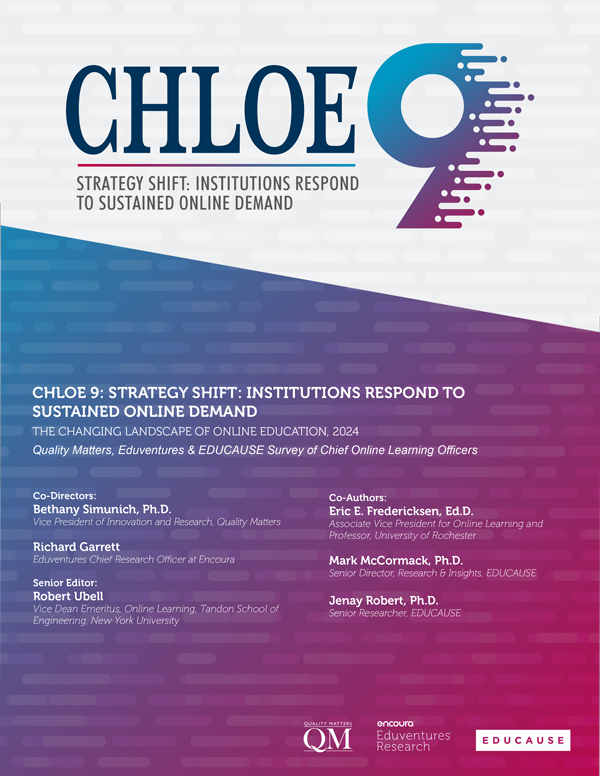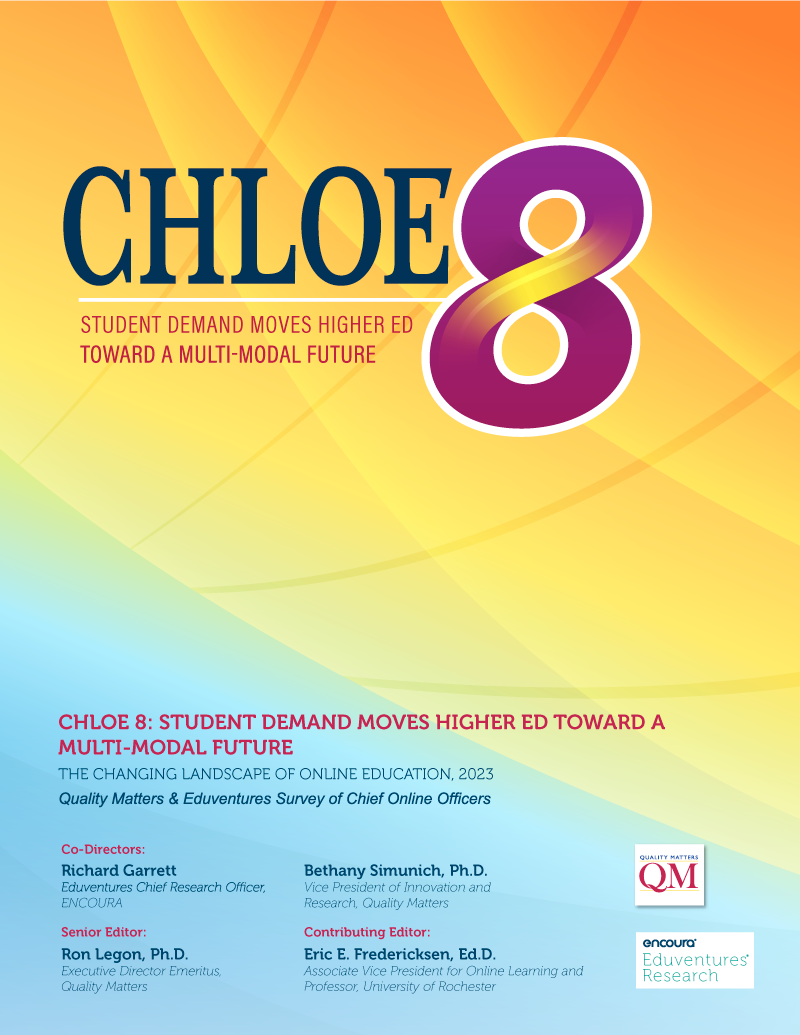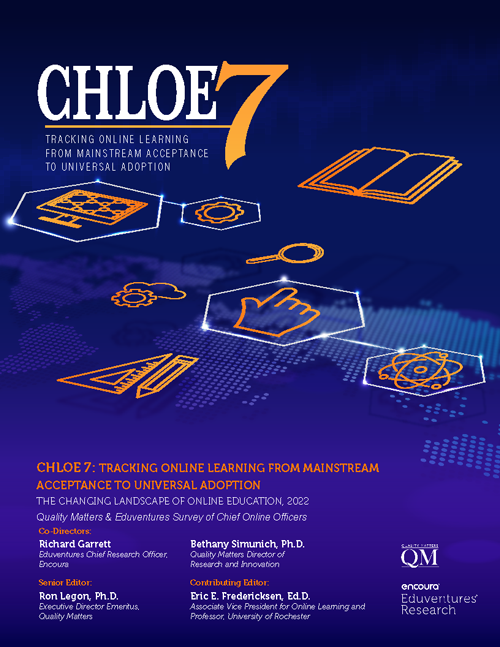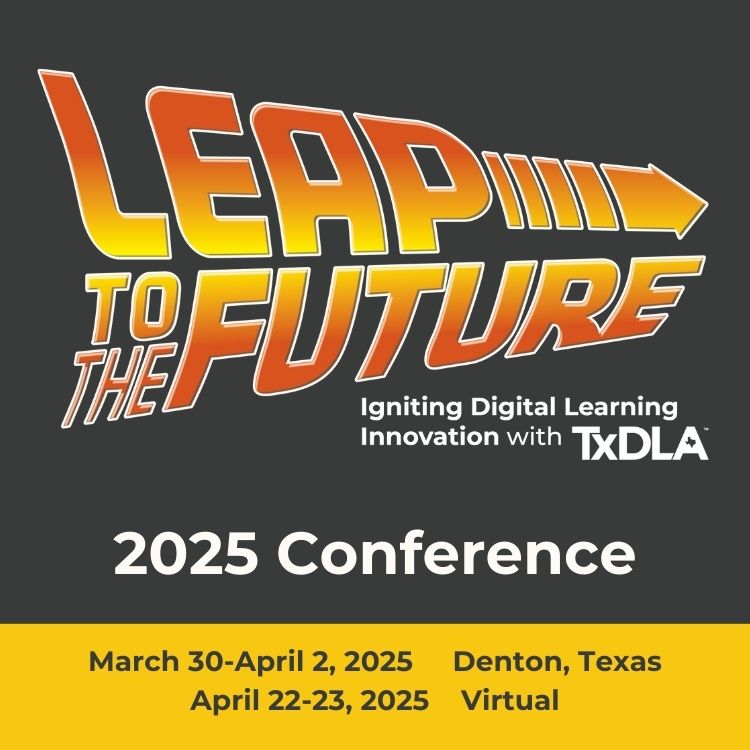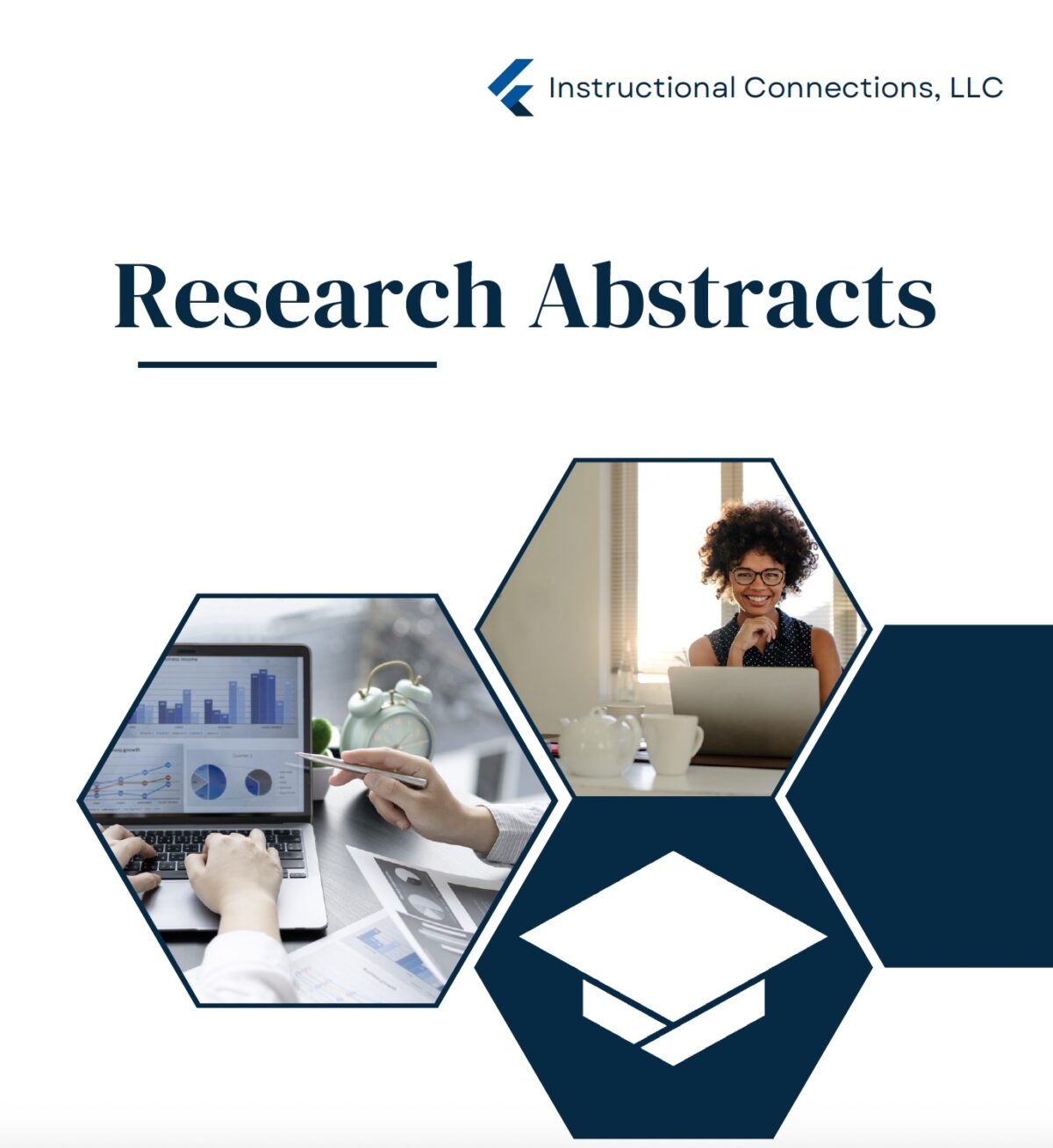Online access to higher education has risen drastically over the past decade, allowing many students worldwide the ability to access educational opportunities. This method of delivering courses online has given students great flexibility in learning and pursuing degrees that they may not have been able to complete previously in a traditional classroom model. Despite the positive aspects of online learning, there are also challenges to this modality. One of educators’ most significant challenges is engaging students in online learning environments. The implementation and assistance of Instructional Connections’ academic coaches provide an extra layer of support to help guide students in their classes and help aid student retention and success. Additionally, the help academic coaches provide allows the instructor of record more time to focus on the course and student outcomes.
https://scholarworks.sfasu.edu/txdla_jdl/vol5/iss1/4
TxDLA Journal of Digital Learning. Volume 5 (2024) A Leap to the Future.
